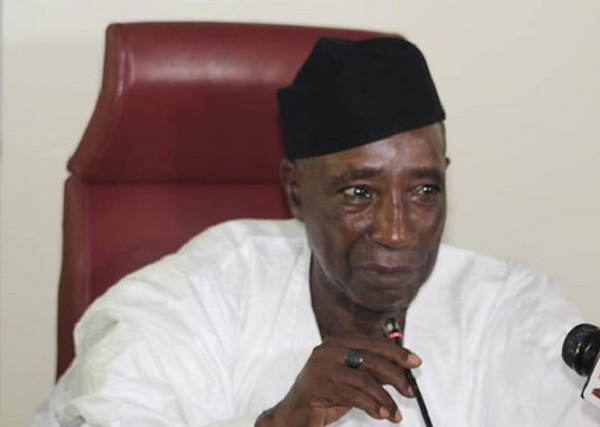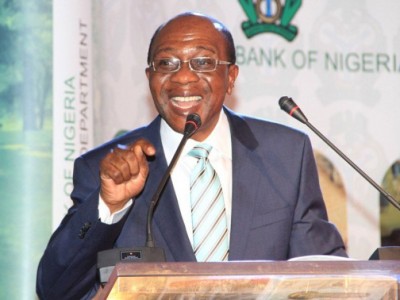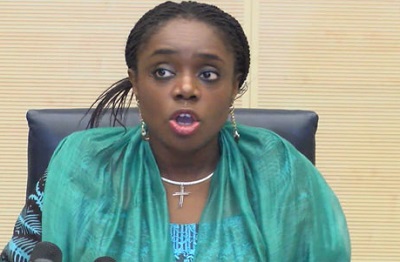External Reserves Hit Four-year High of $40.4bn

• CBN injects $210m into FX market
Ndubuisi Francis in Abuja and Obinna Chima in Lagos
Nigeria’s external reserves have risen to $40.4 billion, the Central Bank of Nigeria (CBN) revealed Monday, making it the first time in exactly four years since the country’s reserves hit the $40 billion mark.
This is just as the CBN injected $210 million into the interbank window of the foreign exchange market.
Figures obtained from the CBN indicated that external reserves reached the $40.4 billion last Friday, indicating an increase of $4.8 billion, compared with $35.6 billion as of December 5, 2017.
CBN Governor, Mr. Godwin Emefiele, towards the end of last month had put the value of the external reserves at $38.2 billion.
Confirming the latest reserves figure, the acting Director in charge of Corporate Communications at the CBN, Isaac Okorafor, attributed the reserves accretion to the Bank’s strategy to effectively manage forex demand by various sectors of the economy.
Citing the CBN policy restricting access to forex from the official forex market by importers of 41 items as the major turning point, Okorafor said the policy had helped to stop the haemorrhaging of the country’s external reserves, which hitherto witnessed heavy depletion due to the huge import bill and other debt obligations.
According to him, the CBN policy had ensured a decline in Nigeria’s import bill from over $5 billion monthly in 2015 to about $1.5 billion in 2017.
He expressed optimism that with the determination of the Bank and the co-operation of the fiscal authorities, the external reserves will continue to grow in the course of 2018.
Emefiele had last November projected that the reserves would grow to $40 billion by the end of 2018. But the target was attained 12 months in advance.
According to Emefiele, the dogged implementation of the foreign exchange restriction on certain items led to a 65 per cent drop in the country’s monthly import bill, from an average of $5.5 billion to $1.9 billion by the first half of 2017.
He also anticipated a return to a low double-digit or high single-digit inflation levels this year.
He, however, cautioned policymakers not to become complacent or over-confident, stressing the need for all hands to remain on deck to improve and sustain the pace of economic recovery.
“For one, our import bill may have fallen but our manufacturing and agriculture sectors still have a long way to go if we must attain self-sufficiency in those sectors.
“We must not be quick to discard the restrictive measures which aided our recovery simply because the metrics have improved,” he said.
He said the central bank would continue to fine-tune its policies and strategies based on its understanding of evolving developments and will be supported by in-house technical analyses and simulations.
Meanwhile, the CBN Monday injected a total of $210 million into the interbank window of the foreign exchange market for requests in the wholesale, Small and Medium Enterprises (SMEs) and Invisibles segments of the market.
A breakdown of the figure indicated that the CBN offered $100 million to the wholesale sector while the small and medium scale enterprises (SMEs) and invisibles windows each received $55 million.
Copyright MMS Plus.
All rights reserved. This material, and other digital content on this website, may not be reproduced, published, broadcast, rewritten or redistributed in whole or in part without prior express written permission from KINGS COMMUNICATIONS LIMITED.








